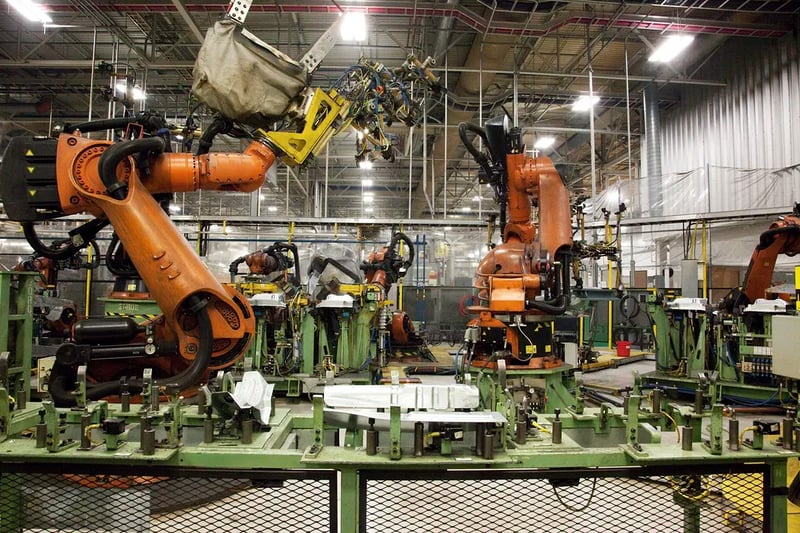
Machinery and Equipment is perhaps the least understood type of property when it comes to appraisal approaches when compared with Real Estate and Business Valuation. This may be because, in large part, real property, such as buildings, land, and improvements, are commonly viewed as higher value, non-depreciating assets, while overall business appraisal considers the sum of everything a company has to offer in an investment or lending scenario.
When considering the three industry-accepted appraisal methods, Cost, Sales Comparison (Market), and Income approaches, machinery valuation will almost exclusively rely on the first two, while real estate and businesses commonly use the income approach as well.
There are a couple of primary reasons why this is the case. Historic and discounted future cash flows considered and utilized under the Income Approach can often be directly tied and measured with buildings and land in the form of rental and lease revenue, while a business appraisal is in large part determined by the internal financial performance of the company.
Machinery, along with other types of personal property, are considered support assets required to be utilized as a part of a larger working operation. Therefore it is impossible and impractical to try and allocate a portion of any type of business revenue to the equipment itself. Even if machinery is the primary asset involved with the business, there are many other factors to consider in the overall company performance which directly or indirectly drive revenue. To try and allocate all or a part of these cash flows to it would be unfeasible.
Equipment value can be directly measured under the cost and market approaches by researching what new and used equipment sells for in the marketplace while applying reasonable factors for normal useful life and annual levels of depreciation. Regardless of how often the machinery operates or how integral it is to the day-to-day operation of the business, the value of these types of assets is driven by what an unrelated third party would consider paying for them, whether in its current operation or for another future use. What it costs to purchase and install these assets, new or used, in the marketplace, along with a review of maintenance history and current condition, are the driving variables behind what someone would pay for them, which ultimately translates to value.
If you are going to attempt to use the income approach to appraise equipment, make sure you have solid evidence that the cash flows are directly related to the machinery itself, and ensure that you are basing the analysis under a “highest and best use” perspective which takes into account the asset’s full potential to generate revenue. The income approach has its place in the appraisal industry, and in many cases with businesses and real estate, will be a primary factor in determining what they’re worth, however, for machinery, equipment, and other types of personal property, as a general rule, stick to the cost and market approaches to measuring these assets' true value.


